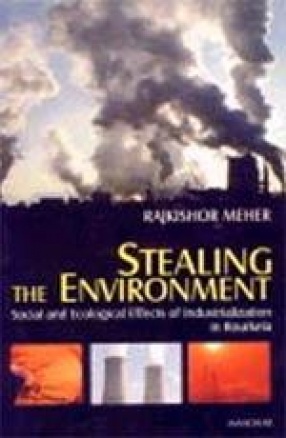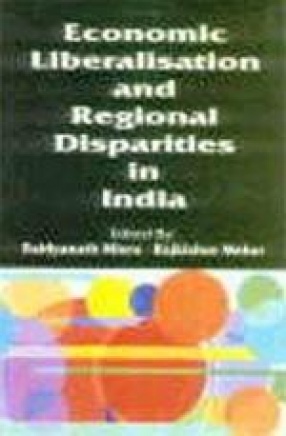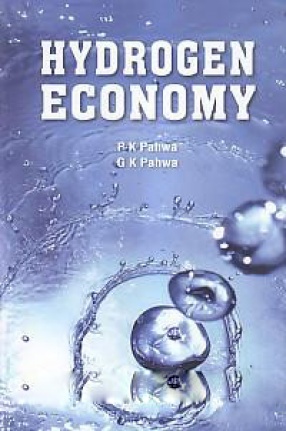In India as in other developing countries intensive industrialization followed by urbanization has now attracted the attention of urban ecologists to the issues of ecological degradation. An attempt has been made in this study to examine not only the issue of industrial pollution, patterns of human settlement and land use in the city, but also to investigate the processes that have contributed to the deteriorating quality of life in Indian cities. Apart from the problem of industrial pollution, this study demonstrates how the social structure of a city also contributes to its environmental decay. The focus of this research has been on Rourkela which as a city planned to support the Rourkela Steel Plant and its ancillary industrial units, provides a unique opportunity to examine the linkages between industrialization, patterns of urbanization and environmental degradation. The approach adopted in this study is, however, a pragmatic one, which underlines that rejection of modernity is not practicable given the altered gestalt of man today. In other words, mere traditional knowledge systems in themselves are not enough to tackle the problems of a burgeoning population, poverty, hunger and disease. Hence, instead of rejecting modern industrialization as such the approach adopted here seeks to explore ways by which the resulting ecological damage can be reduced, if not entirely eliminated.
Stealing the Environment: Social and Ecological Effects of Industrialization in Rourkela
In stock
Free & Quick Delivery Worldwide
reviews
Bibliographic information
Title
Stealing the Environment: Social and Ecological Effects of Industrialization in Rourkela
Author
Edition
1st ed.
Publisher
ISBN
8173045720
Length
245p., Figures; Tables.
Subjects







There are no reviews yet.